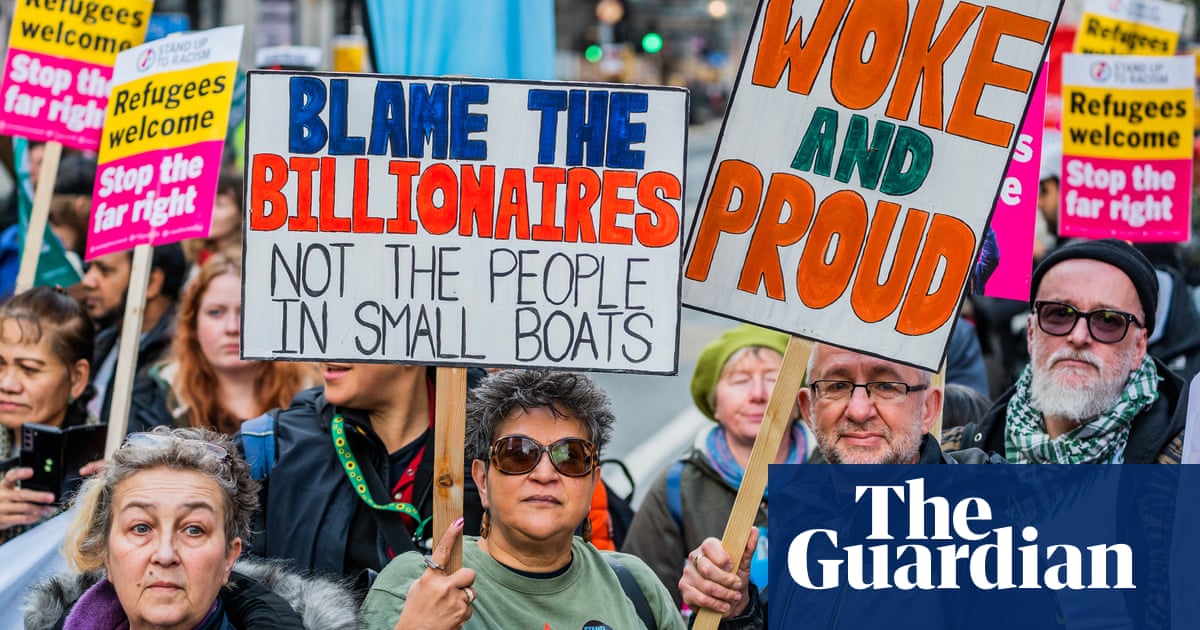
Formal capital controls are an International Monetary Fund policy recommendation
Depositors gathered in the vicinity of parliament to prevent MPs from attending the session
BEIRUT: Protests were held in Beirut on Tuesday against a draft capital control law, even as parliamentary committees discussed the proposed legislation.
Formal capital controls are an International Monetary Fund policy recommendation, and Lebanon hopes to secure an IMF aid package after the country’s financial system imploded in 2019, paralyzing the banking system and freezing depositors out of their US dollar accounts.
Depositors gathered in the vicinity of parliament to prevent MPs from attending the session. Members of the Free Professions Syndicates also held sit-ins at their headquarters in protest against the draft law.
They said it was unjust on depositors who they believed were being forced to bear the consequences of the country’s economic crisis and corruption.
Nader Kaspar, head of the Beirut Bar Association, said: “One of the most immoral issues in Lebanon is depositors’ money. It is a national, humanitarian, and social issue par excellence. We lost our entire life savings and now, after over two years, they want to talk about capital control.
“The banks did not shut down, and the owners still have their private jets and luxurious villas. Now they want to talk about distributing losses without any concrete plans?
“We will escalate our action. A strike is not enough. There is a constitution that must be respected and we will not accept laws that legitimize taking over people’s money.”
The Federation of Syndicates of Bank Employees in Lebanon said: “Touching depositors’ money is forbidden. The federation will join in every action to confront those trying to take over people’s money.”
The Lebanese Press Editors Syndicate also objected to the attempt to pass a capital control bill, along with the continued restrictions on union deposits and funds, and banking restrictions.
Syndicate head Joseph Kossaifi said: “The unions have deposits in banks and there are mutual funds that deposit large sums in banks, which are subscriptions and donations to ensure people’s pensions. Does this mean that the money of about a million people has evaporated?”
In a letter to Prime Minister Najib Mikati, the Association of Banks in Lebanon said: “The IMF’s proposal to make banks bear the losses is unfair, just as the proposal to charge a large part of these losses to depositors means exempting the state and the Banque du Liban from debt and losses.
“If this were to happen, banks, shareholders, and depositors would file lawsuits against the state and BDL, which benefited from the funds of the banks and depositors and still refuse to find satisfactory solutions to solve the issue.”
Mikati told an ABL delegation on Tuesday: “One of the government’s priorities in the economic process is to preserve the rights of depositors. The recovery plan gives priority to preserving people’s rights, reactivating the various productive sectors, and preserving the banking sector.”
With the government insisting on its amendments to the draft law and demanding that parliament approve it quickly having signed a staff-level agreement with the IMF, the head of the Administration and Justice Committee, MP George Adwan, said after the parliamentary committee meetings: “The government did not present any recovery plan. We have removed some articles of the draft so no one can say that parliament does not want the Capital Control Law.”
Adwan added that Mikati’s claims about not wasting people’s deposits were “mere words without any concrete action.”
Meanwhile, pharmacies across Lebanon closed on Tuesday in protest against the country’s security turmoil and the killing of a pharmacist at her workplace on Monday in the town of Mrouj in Mount Lebanon.
Leila Rizk was found dead in the pharmacy toilet on Monday evening.
Rizk, a mother of three, had been working as a pharmacist for 20 years.
Joe Salloum, head of the Pharmacists Syndicate, condemned the crime and demanded that the security forces protect pharmacies in light of the “ongoing security chaos.”
While the preliminary investigation did not reveal the reasons for the crime, information suggested that the crime was not about stealing money or drugs.
President Michel Aoun called Salloum and assured him that instructions had been given to the security services to “pursue and arrest” the perpetrators.
On Tuesday, Aoun met Lebanon’s ambassador to Saudi Arabia Fawzi Kabbara before he left for the Kingdom. Saudi Arabia’s ambassador to Lebanon, Walid Bukhari, returned to Beirut last week.
“The president’s directives have always been to ensure the best relations between Lebanon and the brotherly Arab countries in general, and the Gulf states in particular, especially Saudi Arabia,” Kabbara said.












